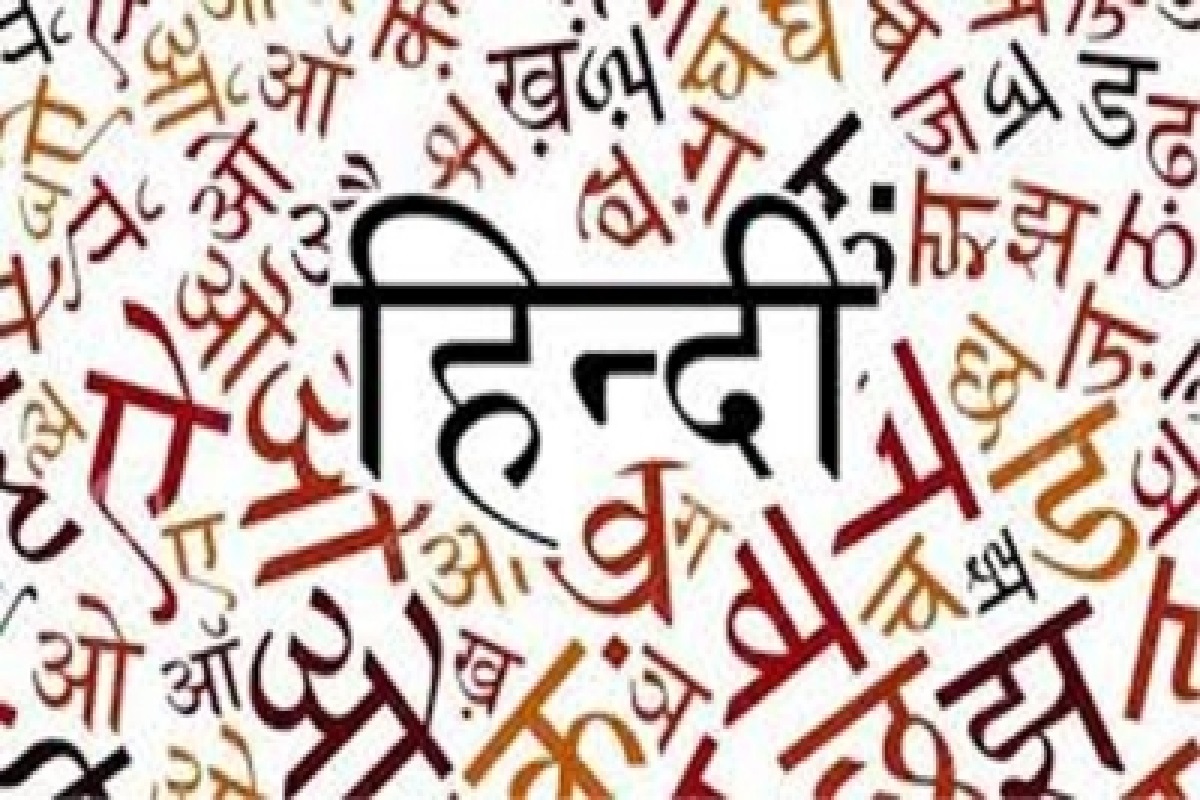The escalating language militancy in Karnataka, particularly within Bengaluru, is a revealing reflection of broader societal tensions that extend beyond mere linguistic preferences. This conflict, underscored by recent altercations between locals and migrants over language use, highlights a fundamental struggle for cultural identity in an urban landscape. Bengaluru, known as the IT capital of India, is a melting pot of cultures and languages, with approximately 40 per cent of its population comprising migrants. As such, the city embodies the challenges of modern India, where regional identities often clash with the realities of globalisation.
In this context, Kannada, the state’s official language, is perceived by some as under threat from the growing influence of Hindi and English. The rise of language militancy reflects not just a desire to protect Kannada but also a deeper anxiety about cultural erosion and the dilution of local identity in the face of overwhelming external pressures. Instances of hostility toward non-Kannadigas, such as altercations involving auto drivers and customers, serve as a microcosm of this struggle. While these incidents are often framed as issues of language, they also expose underlying social and economic frictions. Many locals feel that their cultural heritage is being undermined by a perceived influx of outsiders who may not respect or prioritise the local language.

This resentment is compounded by the notion that Kannada has failed to secure its place as a dominant language in public life, as it competes with the more widely spoken Hindi and English. Critically, the state government’s pro-Kannada policies under Chief Minister Siddaramaiah have reignited this debate, as he openly opposes the imposition of Hindi. This political backing has emboldened pro-Kannada groups, intensifying the push for greater recognition and use of the language in all spheres of life. Yet, this approach risks alienating non-Kannadigas, who may feel unwelcome in a city they have come to call home. The challenge lies in fostering a multilingual environment where diverse languages can coexist, reflecting the rich tapestry of India’s cultural heritage. Efforts to promote Kannada learning among non-Kannadigas are commendable but insufficient without a robust infrastructure to support these initiatives.
While there is an understandable call for locals to protect their language and culture, it is equally vital to encourage inclusivity and dialogue among diverse communities. Creating spaces for cultural exchange can transform animosity into understanding, benefiting all residents. As Karnataka approaches its Rajyotsava celebrations, a moment traditionally steeped in pride for the local culture, it is essential to approach the language issue with a mindset geared towards unity rather than division. The future of Karnataka lies not in the assertion of linguistic dominance but in embracing the plurality that defines its identity. Only through mutual respect and collaboration can the state harness its diversity as a strength, fostering an environment where all languages and cultures can thrive.












